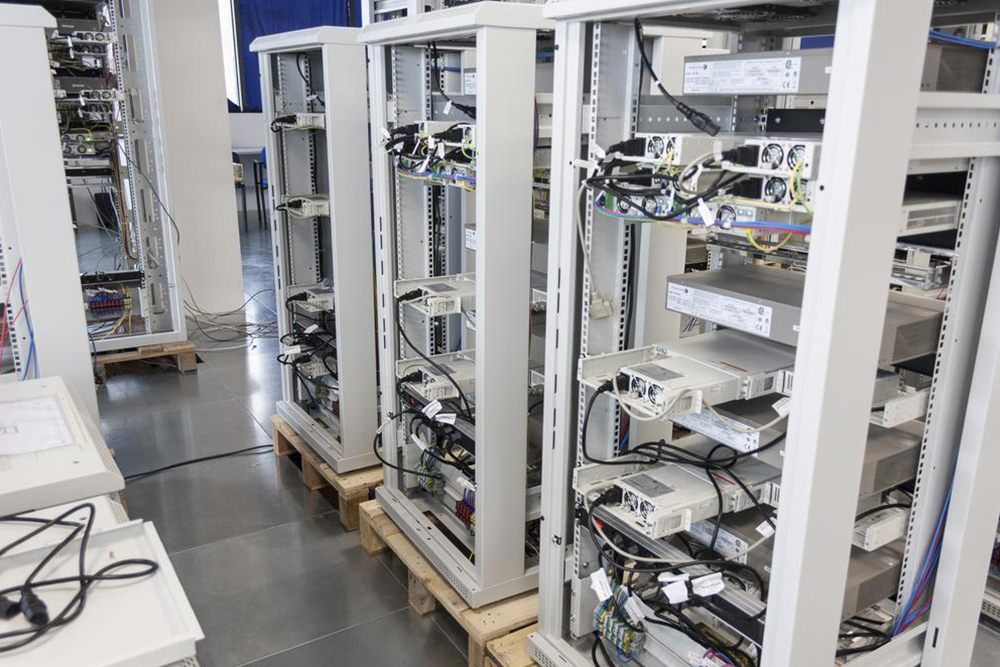Why Network Security Is Crucial for Protecting Digital Assets in Today’s Connected World
This article explores the vital importance of network security in today’s interconnected world. It covers how effective security measures protect sensitive data, defend against malware, ensure regulatory compliance, and maintain system integrity. Learn why investing in advanced network security is essential for organizations to safeguard their digital assets, build trust, and prevent cyber threats in the evolving landscape of cybersecurity.

Why Network Security Is Crucial for Protecting Digital Assets in Today’s Connected World
In an era where digital transformation accelerates rapidly, the significance of network security cannot be overstated. As organizations and individuals rely increasingly on interconnected systems for communication, data exchange, and business operations, safeguarding these networks has become a top priority. Network security encompasses a wide array of strategies, tools, and practices designed to defend information systems from a multitude of cyber threats. Implementing effective security measures ensures the integrity, confidentiality, and availability of critical data, thereby fostering trust and resilience in digital infrastructure.
Safeguarding Sensitive Data and Information
One of the core reasons why network security is indispensable is the protection of sensitive information. This includes personal data, financial records, trade secrets, and confidential communications. Employing data encryption techniques makes it extremely difficult for unauthorized parties to access or decipher information even if they breach a network. Security protocols such as SSL/TLS, VPNs, and advanced firewalls work synergistically to establish secure channels for data transfer, reducing the risk of identity theft, data theft, and unauthorized access. For businesses, especially those handling client data, customer trust hinges on robust security practices that ensure data privacy and compliance with data protection laws like GDPR and HIPAA.
Versatility and Proactive Defense
Beyond simply protecting data, modern network security solutions are designed to actively prevent unauthorized access and mitigate threats before they can cause harm. This involves deploying intrusion detection systems (IDS), intrusion prevention systems (IPS), and malware scanners that work continuously to monitor network traffic. These tools identify suspicious activities, terminate malicious connections, and alert administrators about potential breaches. Additionally, advanced security systems can analyze system modifications and detect unusual behaviors that may indicate an ongoing attack. Some solutions even incorporate artificial intelligence and machine learning algorithms to predict and reverse harmful actions, making security defenses proactive rather than reactive.
Protection Against Malicious Software
Malware, including viruses, ransomware, spyware, and worms, represent a persistent threat to network security. Such malicious software can cause significant operational disruptions, data loss, or theft. High-quality security systems employ multiple layers of defense, such as signature-based detection, heuristics, and sandboxing, to identify and quarantine malware before it infiltrates critical systems. Web filtering tools stop users from visiting malicious websites that host malware, while endpoint security software helps thwart attacks at the device level, ensuring that malware does not spread across the network.
Compliance with Legal and Ethical Standards
Many industries are governed by strict regulations that mandate the implementation of robust network security measures. Organizations handling sensitive data must ensure compliance with standards like GDPR, HIPAA, PCI DSS, and others. Failing to adhere to these regulations not only risks hefty fines but also damages brand reputation and erodes customer trust. Having comprehensive security protocols in place demonstrates a company's commitment to ethical practices and legal compliance, which is essential in today's digital economy.
In summary, with cyber threats evolving constantly, network security remains a critical component for safeguarding digital assets. From protecting sensitive information and preventing malware infections to ensuring legal compliance and maintaining customer trust, robust network security measures are vital for the resilience and success of any modern organization. Investing in cutting-edge security solutions and fostering a culture of security awareness are key steps toward building a secure, reliable digital ecosystem.





